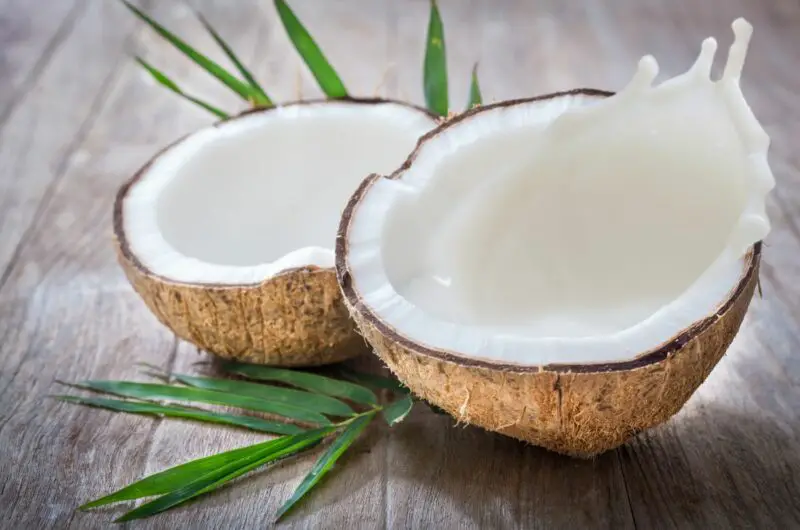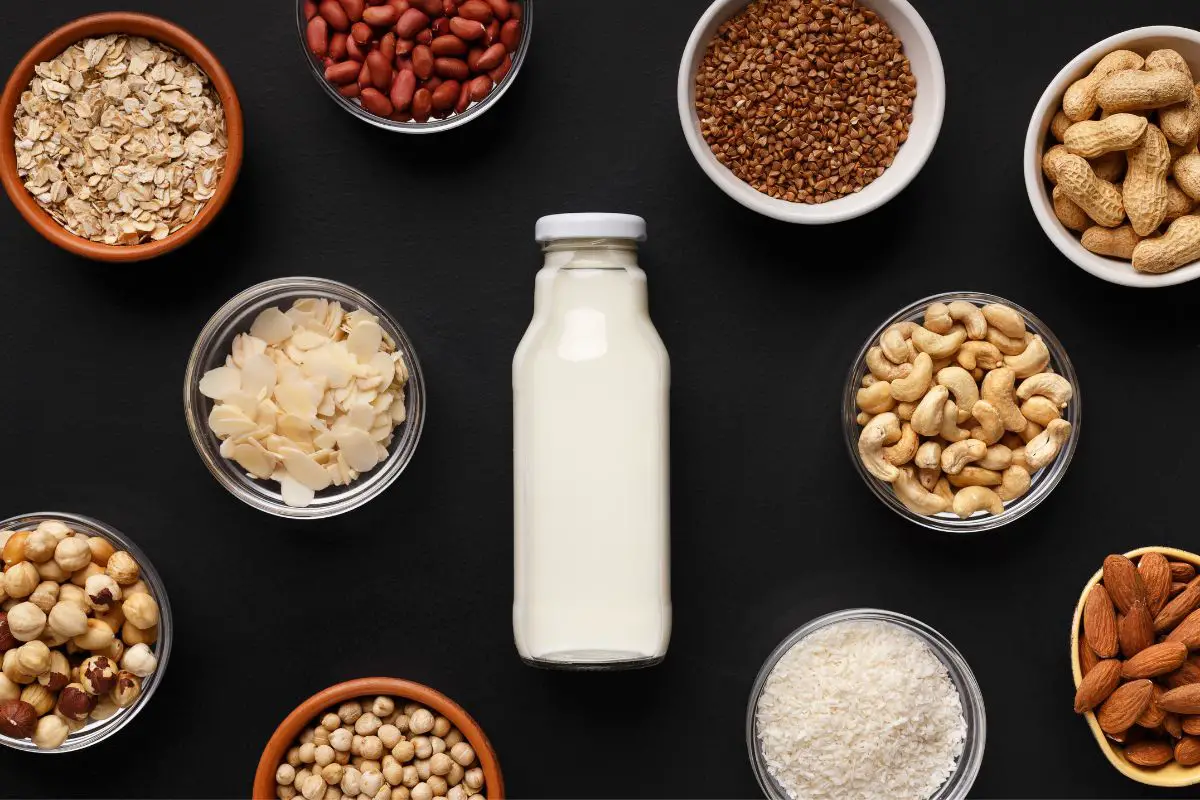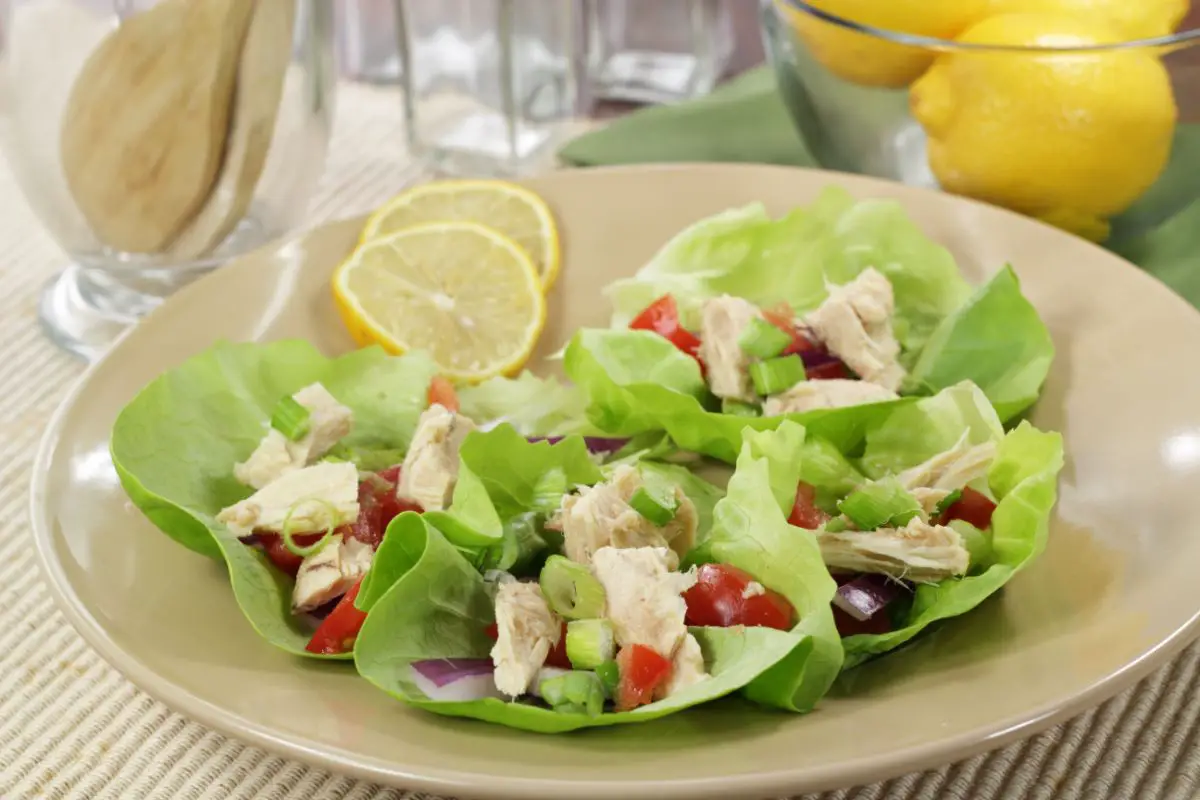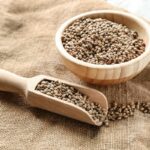Around the world, millions of us love to tuck into a delicious curry dish. With so many different forms and flavors, there is a curry dish out there to suit all taste buds, even the fussiest of eaters!
But, one of the key ingredients in many types of curry is coconut milk. This provides a creamy, rich texture and a slightly sweet, nutty flavor, transforming the blandest of curries into the tastiest.
Sometimes, however, your curry may taste a little “off.” You’ve followed the recipe perfectly, used every ingredient and the precise amounts but it just doesn’t taste right.
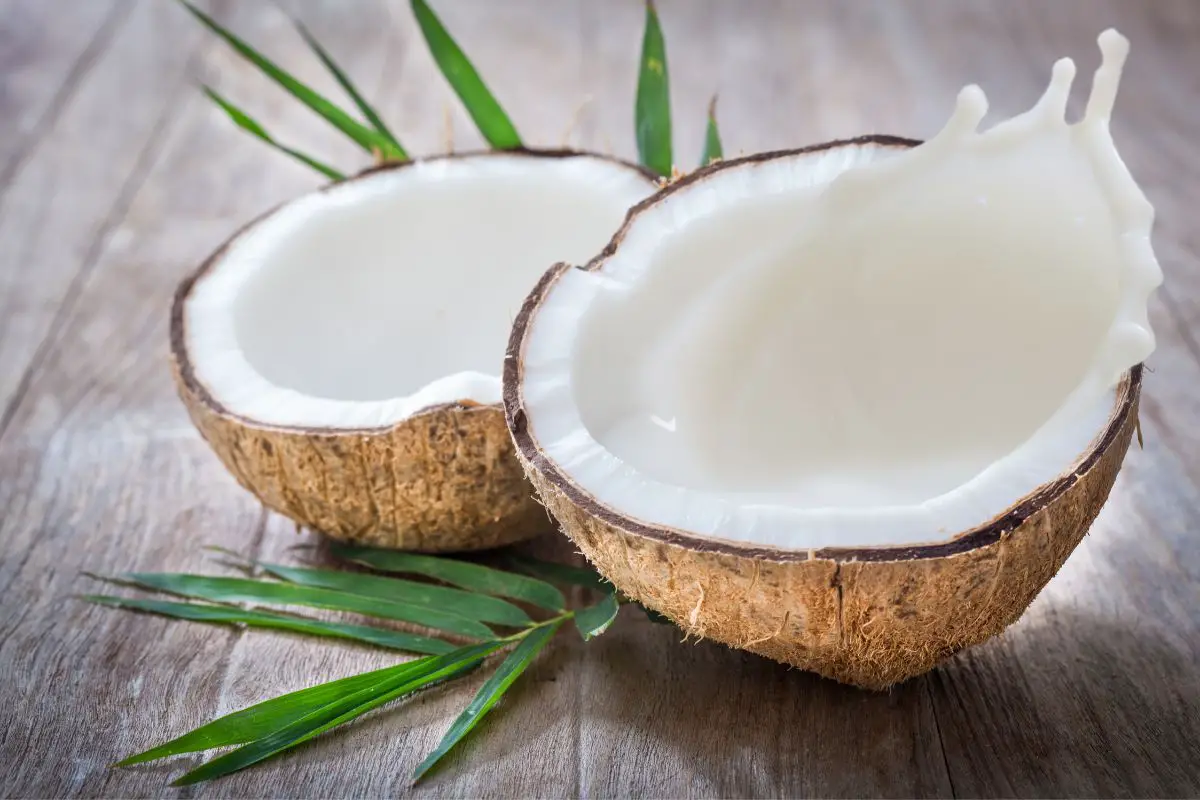
More often than not, this is because you have used another type of milk other than coconut milk. Without this milk, your curry can lack that much-needed creamy consistency and unique flavor.
Not everyone has access to coconut milk, though. Maybe you’re lactose intolerant, allergic to coconut, or simply want to change things up.
Also, in-store coconut milk can be expensive and in the current climate, most of us are looking to cut back on costs. Therefore, you may be looking at some alternatives to use.
Luckily, there are several coconut milk substitutes that can be used in curry without sacrificing flavor or texture, and today, we are going to talk you through our favorite alternatives so you can try them today.
Coconut Milk – What Is It?
Derived from the flesh of a mature coconut, coconut milk commonly used in many types of cuisines, particularly in Southeast Asia and the Caribbean.
It is typically made by grating the flesh of a mature coconut and then soaking it in hot water for some time. The mixture is then strained, and the resulting liquid becomes what is known as coconut milk.
Coconut milk has a rich, creamy texture and a slightly sweet, nutty flavor.
Chefs worldwide love it for its sheer versatility. The milk can be used in a wide range of dishes, including curries, soups, stews, and desserts.
However, it should be noted that coconut milk is high in saturated fat and calories, so it should be consumed in moderation as part of a balanced diet.
In addition to its culinary uses, coconut milk is also a popular ingredient in beauty products, particularly in hair and skin care products, due to its moisturizing properties.
So, why is coconut milk used in so many curries? To understand this, we need to explain its origin, its taste, and texture.
The milk has been used in Southeast Asian cuisine for many centuries, having been believed to originate in India.
Over the centuries, Indian settlers and traders introduced coconut milk to other Southeast Asian countries, such as Thailand and the Philippines.
It didn’t take long for this milk to become a staple in curry dishes. This was mainly because of its unique creamy texture that helps balance the spices of the dish perfectly.
As well as this, coconut milk boasts a slight sweet flavor. This helps it round out other ingredient flavors in curries.
Although nothing quite beats coconut milk in certain curries, there are some alternatives you can use.
So, whether you want to try something new, can’t find any at the store, or are allergic to it, check out the following coconut milk substitutes to try adding to your curry at home.
Popular Coconut Milk Substitutes In Curry
1. Coconut Cream
Coconut cream is a highly versatile and delightful ingredient that can add a special touch to both sweet and savory dishes.
Its smooth and creamy texture, coupled with a subtle sweetness, makes it a perfect addition to various recipes that call for a rich and creamy consistency.
One of the most significant advantages of coconut cream is that it can replace coconut milk in recipes that require a more luxurious, indulgent taste.
If you’re looking to add more depth and complexity to your curries, soups, or stews, coconut cream can be an excellent alternative. You can substitute coconut cream for coconut milk in equal parts, making it an easy swap in most recipes.
It is essential to note that coconut cream contains more fat than coconut milk, which can impact the overall calorie content of your dish. However, the resulting flavor and texture will make it worth the indulgence.
Therefore, use coconut cream sparingly and balance it out with other ingredients to maintain a healthy balance in your diet.
2. Regular Cream
Regular cream can come to the rescue when you’re in the midst of a recipe but haven’t got the golden ingredient of coconut milk.
Of course, regular cream has a much thicker texture and consistency than coconut milk, but you can rectify this by adding some water or broth to the cream to thin it out.
Although regular cream can be used as a substitute for coconut milk, it will change the flavor and texture of your dish.
This is because coconut milk has a distinct nutty and slightly sweet flavor, which regular cream cannot replicate alone.
Therefore, the results of your recipe will not be like-for-like, but by adjusting some other ingredients slightly, your dish can still be just as tasty.
Try adding some coconut extract or shredded coconut to the curry to enhance the coconut flavor.
Alternatively, you can use other non-dairy milk alternatives such as almond milk, soy milk, or oat milk to achieve a similar consistency and texture to coconut milk.
It’s best to experiment and adjust the seasonings accordingly to get the desired flavor and texture.
3. Plain Greek Yogurt
Delicious and nutritious, plain Greek yogurt can be enjoyed in so many ways, whether it be in recipes or on its own.
But, today, we’re focusing on its creamy texture that makes it the ideal substitute for coconut milk in curries and other savory dishes.
Plain Greek yogurt has a slight tangy flavor that can help balance out spices in your curry.
Not only this, but this yogurt is also healthy. Most plain Greek yogurts are great sources of calcium and protein, therefore adding important nutrition to your meal.
Even if you have coconut milk at home, we recommend trying plain Greek yogurt anyway. You may find that you prefer it and how it helps balance out the spices, creating a flavorful rich dish that everyone will love.
4. Oat Milk
Looking for a dairy-free alternative to coconut milk? Oat milk is an excellent choice and has become ever more popular in recent years.
Oat milk is a superior alternative to other non-dairy milks, like almond or soy as it has a creamier texture. It also sports a mild, nutty flavor that goes well in many dishes, including curry.
It also has a higher protein content than other plant-based milks and has zero cholesterol.
With only a few simple ingredients, oat milk can be made easily at home, too, making it the ideal substitute when you’re in dire need.
Simply add it to a pan with some other liquids from the recipe and it will give your curry a subtle oat flavor and creamier texture. If your curry is very spicy, oat milk can balance the spices nicely as well.
In Summary
When coconut milk isn’t available, or you can not consume it for dietary reasons, there are fortunately several excellent substitutes for coconut milk in curry.
Many of these can achieve a similar creamy texture and rich flavor, but rarely will they offer the exact match.
When selecting a substitute, it’s important to consider the flavor profile, consistency, and nutritional value of each option. If you want a similar flavor profile to coconut milk, nut-based milks are good options.
If you want a thinner consistency, regular cream, or oat milk are good choices.
Let us know which one you like the most!
4 Coconut Milk Substitutes In Curry You Have To Try
Course: Substitutes4
servings30
minutes40
minutes300
kcalIngredients
Coconut Cream
Regular Cream
Plain Greek Yogurt
Oat Milk
Directions
- Decide on what substitute you need
- Pick a substitute from the list above
- Read what you need to substitute with
- Create the recipe and enjoy
Recipe Video
https://youtu.be/9_SZX3v1ckkVideo can’t be loaded because JavaScript is disabled: Chicken Curry with Coconut Milk (https://youtu.be/9_SZX3v1ckk)- What Exactly Do Chickpeas Taste Like? Is There A Distinct Flavor? - September 30, 2023
- Top 11 Low Carb Options at Sonic Drive-In for Keto Diet - September 30, 2023
- What Should You Serve Alongside Potato Salad? 8 Incredible Side Dishes - September 30, 2023

